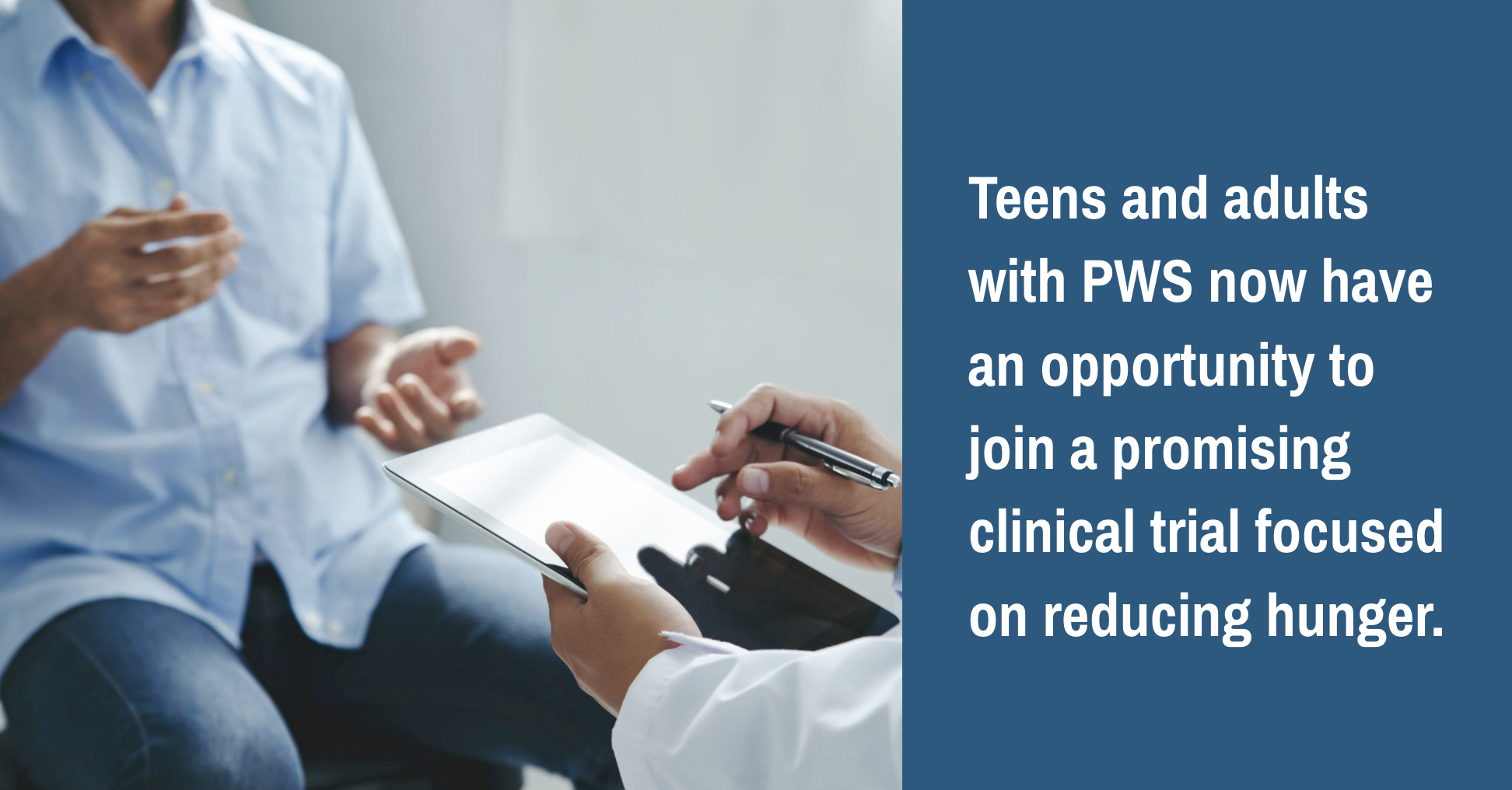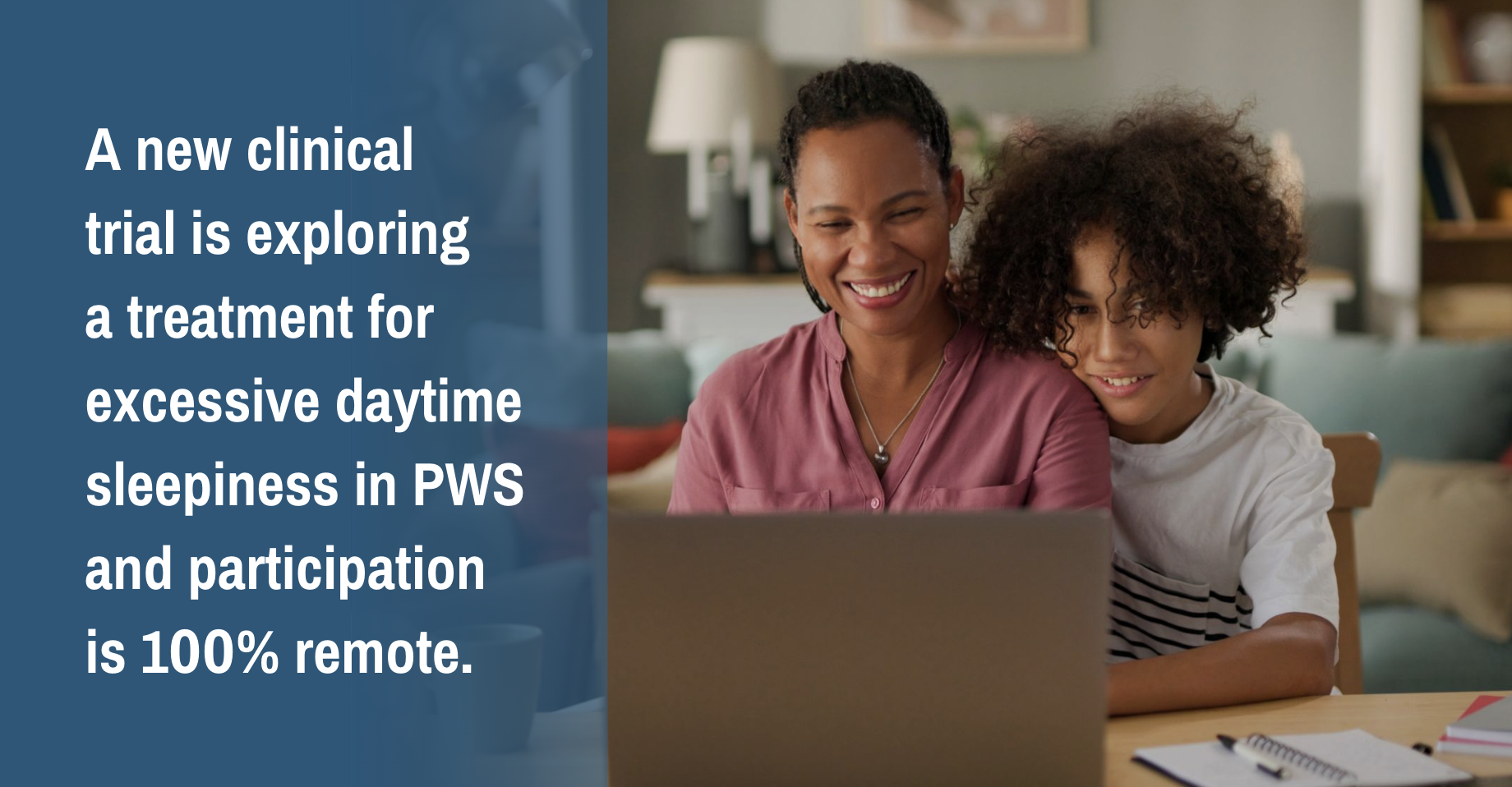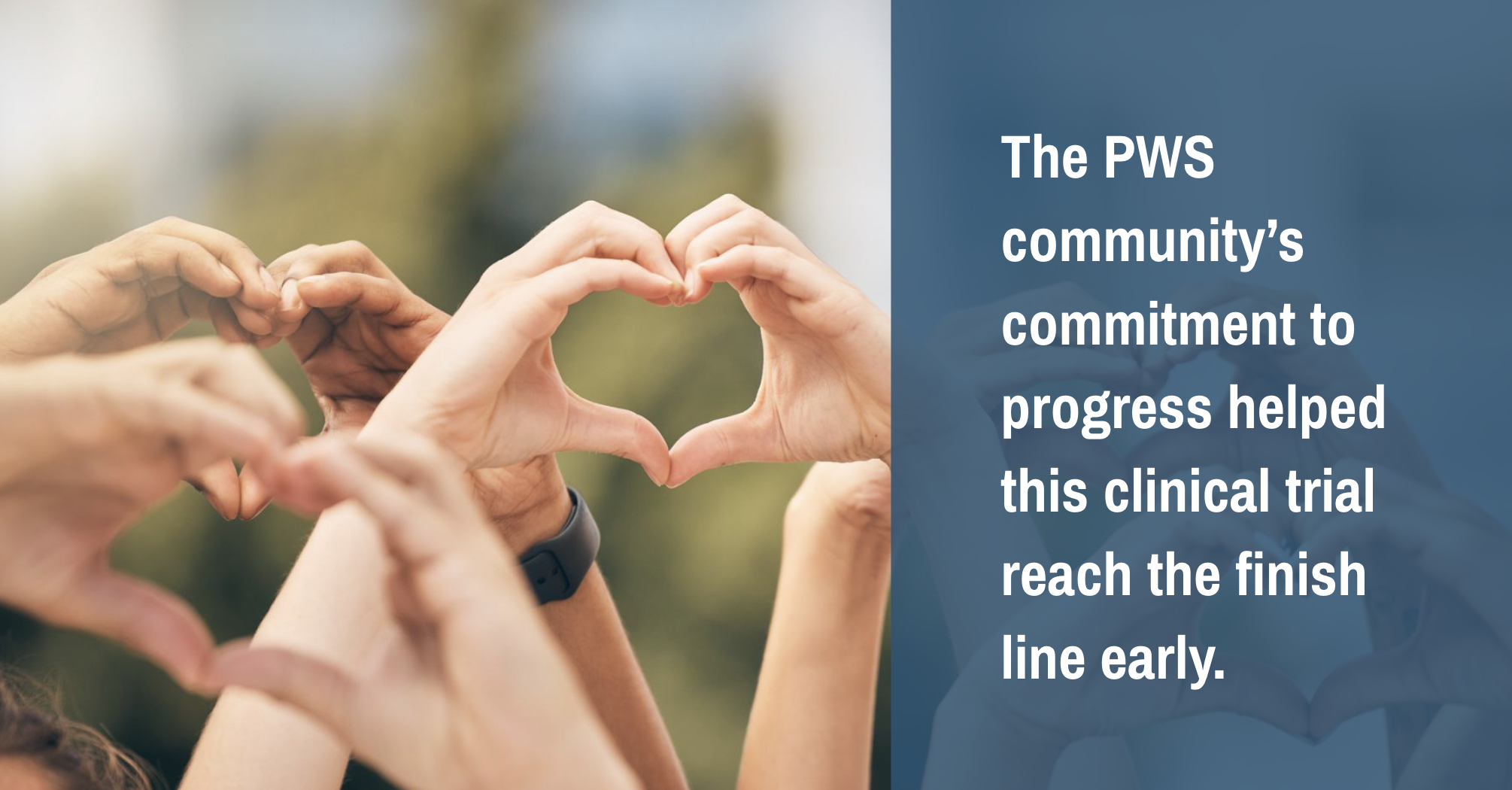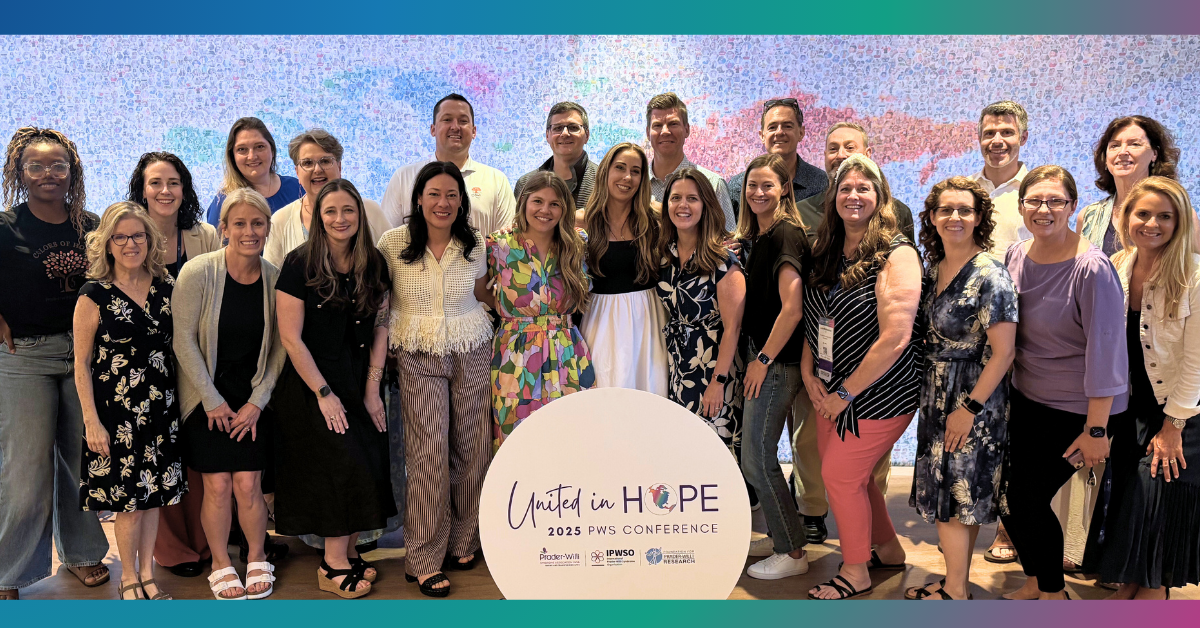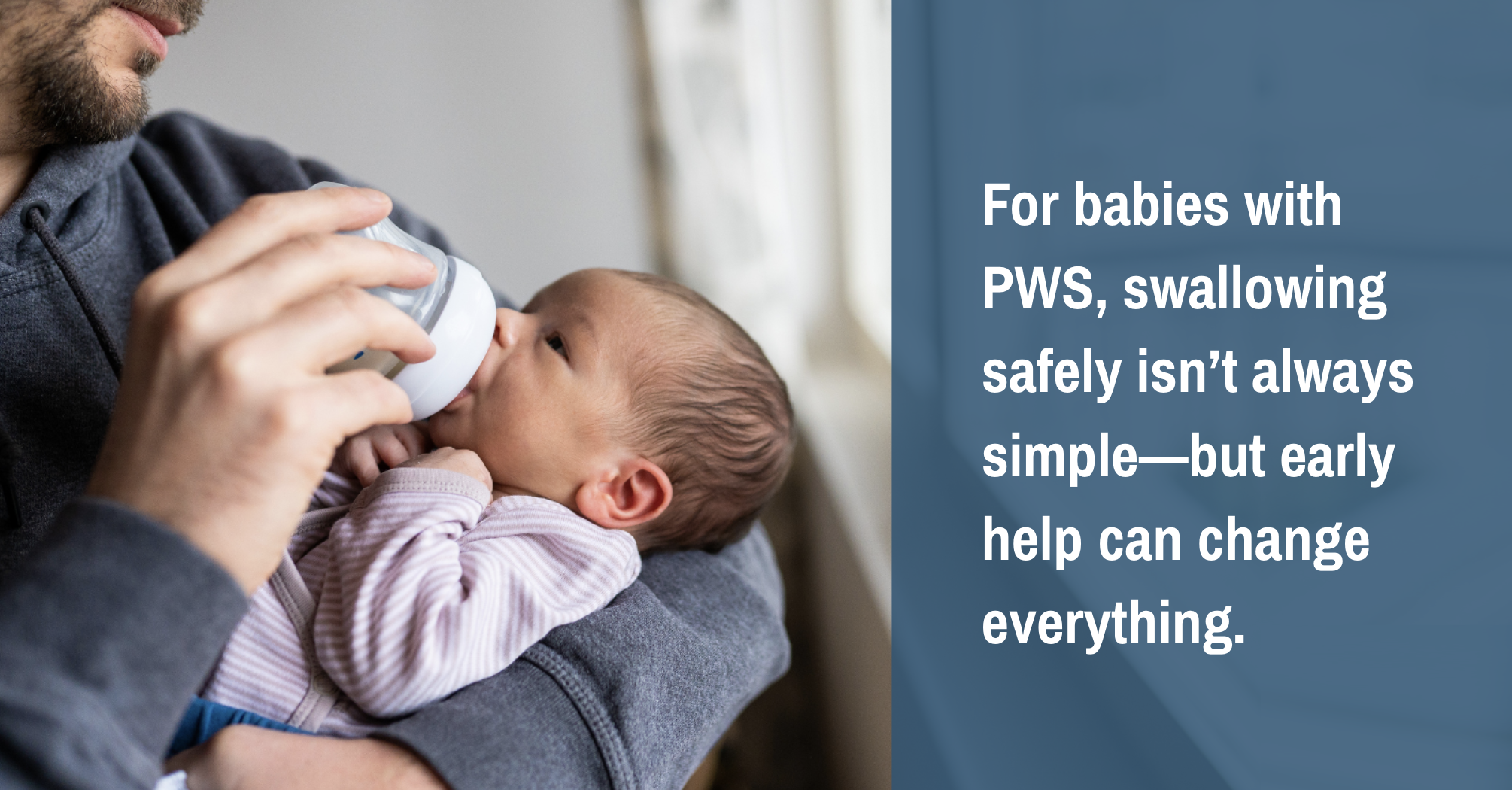Topics: News
We’re excited to introduce two new members of the FPWR team: Karla Blair and Nicci Peterson! As parents, advocates, and passionate members of the PWS community, Karla and Nicci bring heartfelt commitment and a personal perspective to our work. Their ...
How should I talk with my child about their PWS diagnosis? This is a question many parents ask as their child grows, and differences between them and their typical peers may become more apparent. Will discussing the PWS diagnosis empower their child ...
Topics: Research
We recently hosted a webinar featuring Dr. Tien Lee and Dr. Manasi Jaiman of Aardvark Therapeutics. They dove into the science and promise behind ARD‑101—an innovative oral medication aimed at curbing hyperphagia in individuals with Prader‑Willi synd...
We’re excited to share a new opportunity to take part in the TEMPO clinical trial—from the comfort of your own home! Harmony Biosciences has launched a 100% virtual site for the TEMPO study of pitolisant in individuals with Prader-Willi syndrome (PWS...
Topics: Clinical Trials Opportunities
A published study on the use of guanfacine extended release (GXR) in individuals with Prader-Willi syndrome (PWS) marks an important step forward, showing that guanfacine can improve challenging PWS behaviors, including aggression, skin-picking, and ...
We’re excited to share that Acadia Pharmaceuticals has officially completed enrollment for its Phase 3 COMPASS PWS clinical trial of ACP-101 in individuals with Prader-Willi syndrome (PWS)—three months ahead of schedule!
Topics: Research
Still United, Still Inspired We're still riding the wave of connection, energy, and inspiration from United in Hope 2025! This incredible event brought together three powerful organizations - the Foundation for Prader-Willi Research (FPWR), the Prade...
Did you know that swallowing issues are extremely common in babies with Prader-Willi syndrome (PWS)? A recent study from Cook Children’s Medical Center (CCMC) in Texas took a closer look—and what they found is something every clinician and parent of ...
Topics: Research, Parents, Children 0-3
Thanks to nearly 2,000 participants completing a collective 61,795 surveys, the Global PWS Registry continues to be a vital resource for the PWS community—adding to our body of knowledge, improving how we care for our loved ones, and helping inform a...
Topics: Research, Research Blog






